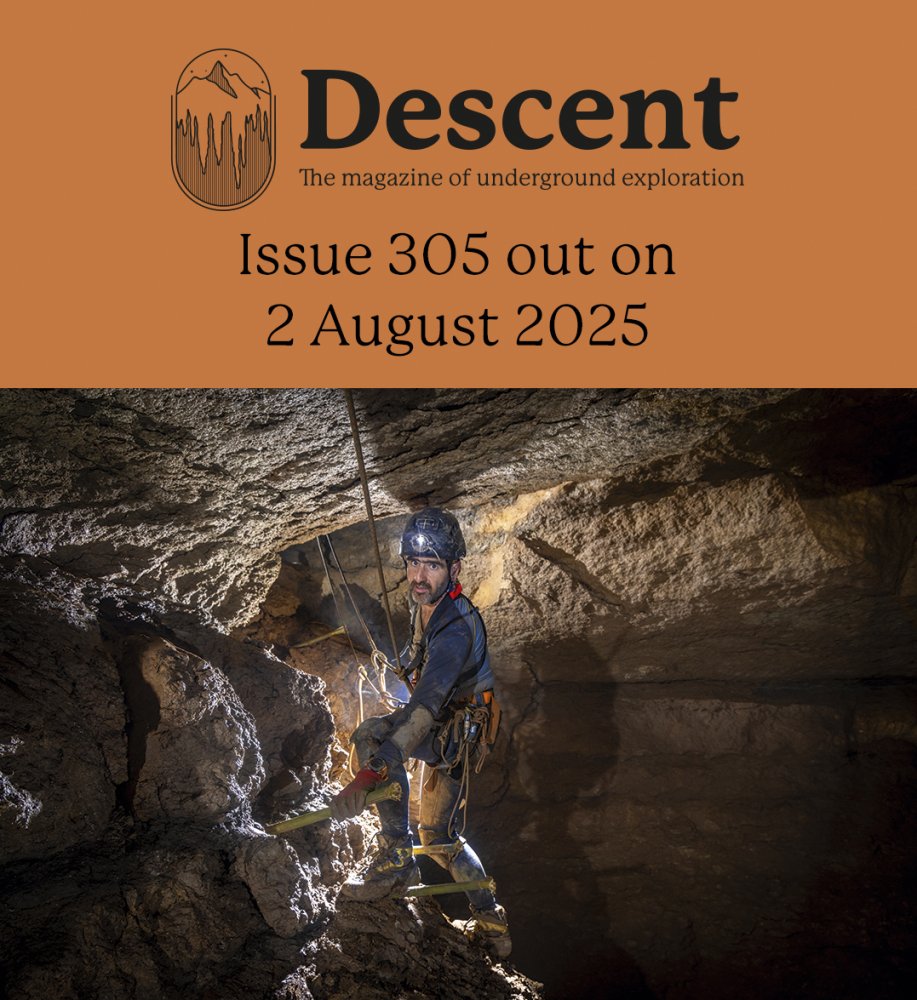royfellows said:
I like, too many people around who are only interested in their own.
I understand Roy. It?s a shame though. You posted elsewhere that you had a great interest in ?mine conservation? and that this required (pretty much) an opposite approach to ?cave conservation?. I don?t think your opinion is negated in any way but I do understand your hesitation to express it.
Corax,
I can see you are a member of one of the North Wales clubs and probably know which cave I am talking about. I was trying to avoid being specific (because it is real and I don?t really want to attract attention to it). If you know the other caves and are aware of the recorded findings then maybe your opinion (in this real scenario) is much more pertinent. I certainly agree with your post.
Kenilworth,
Thank you.
The point of ?this? thread is to try to find the elusive lines in the sand. From other threads it certainly appeared that you were at the very far end of the spectrum of conservation (to the point where a cave should not be entered). Now you have agreed that caves should be considered on their own merits. That moves you from the far end of the spectrum to somewhere within it.
In the original post, with the specific cave, I asked (and I know you did answer);
Ian Adams said:
The questions then beg themselves (accepting landowner wishes are paramount);
A) Given that ?nature? has already caused (significant) damage, is the need for conservation mitigated?
B) Is the scientific importance of exploration increased because of the (increasing) natural destruction?
C) Is the scientific importance of exploration increased because of the nearby findings of the ancient historical use of such caves?
D) Does conservation trump exploration/science in this instance?
E) What other factors should be considered in this scenario?
Let us consider ONLY point ?A? (again, we?ll get back to the rest). We?ll generalise it because everyone has an opinion and they are all valuable (of equal value?) and I believe it will help to put down a footstone.
The question now becomes with regards to
any cave (addressed to any person);
Given that ?nature? has already caused (significant) damage,
at what point is the need for conservation mitigated
in favour of exploration/scientific research/recording of information etc?
Ian



